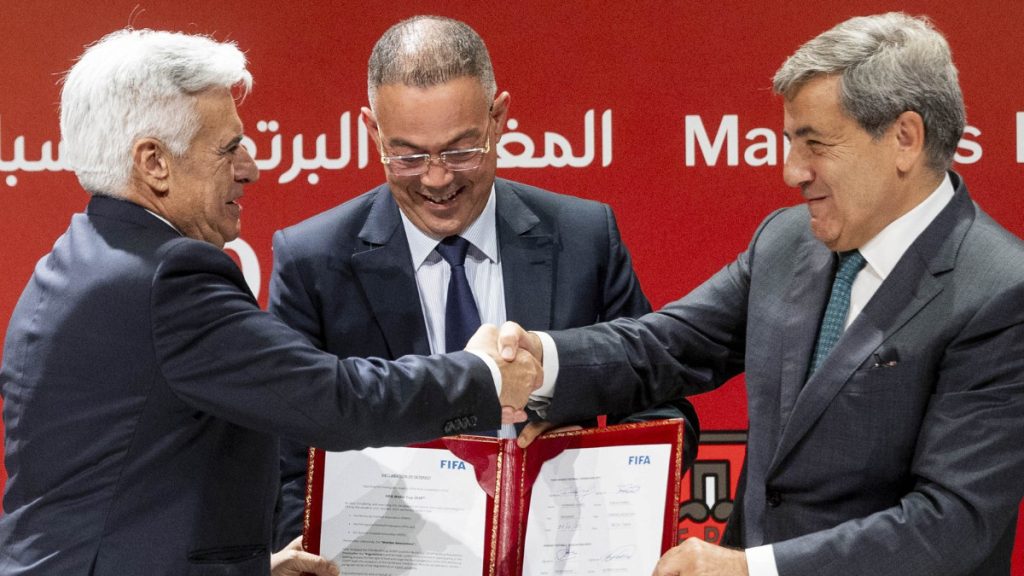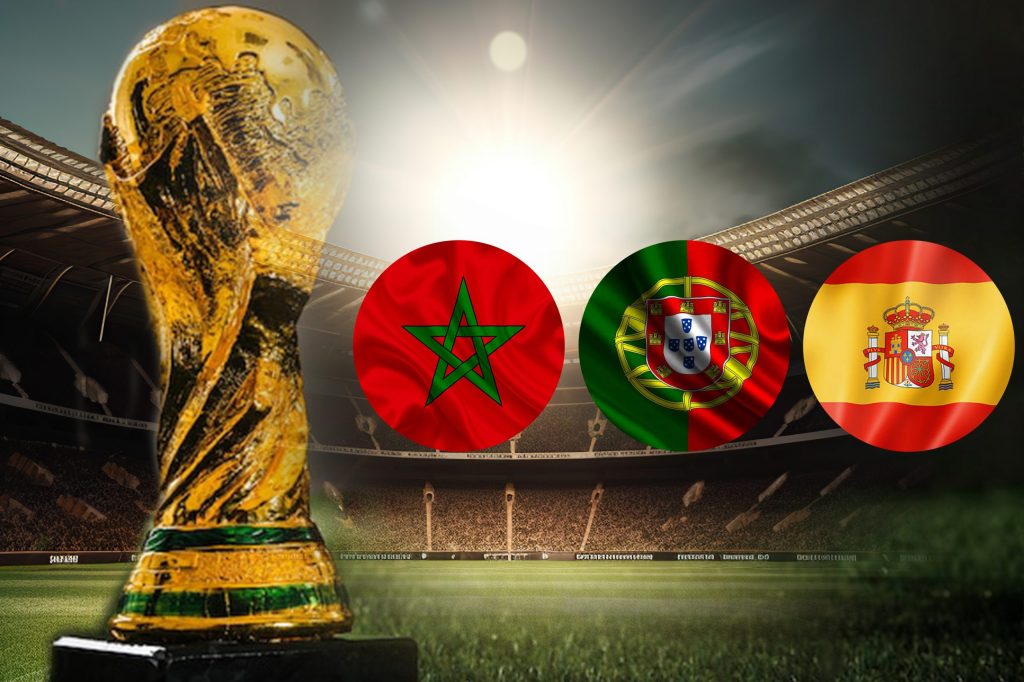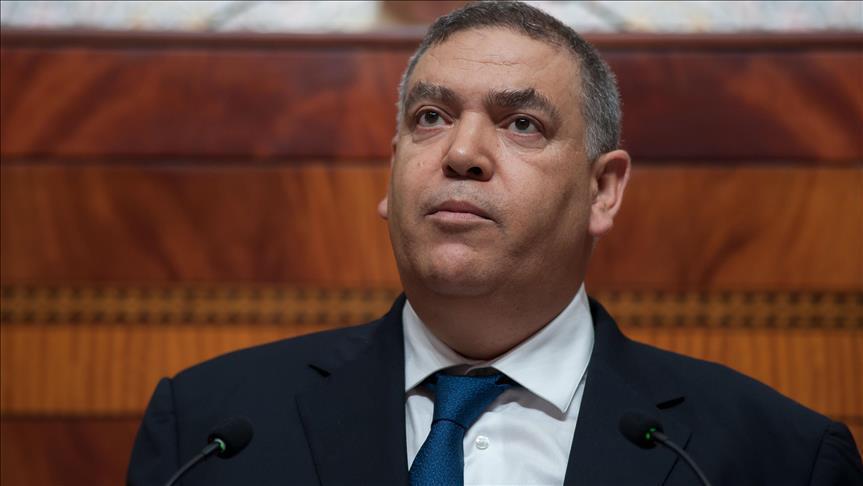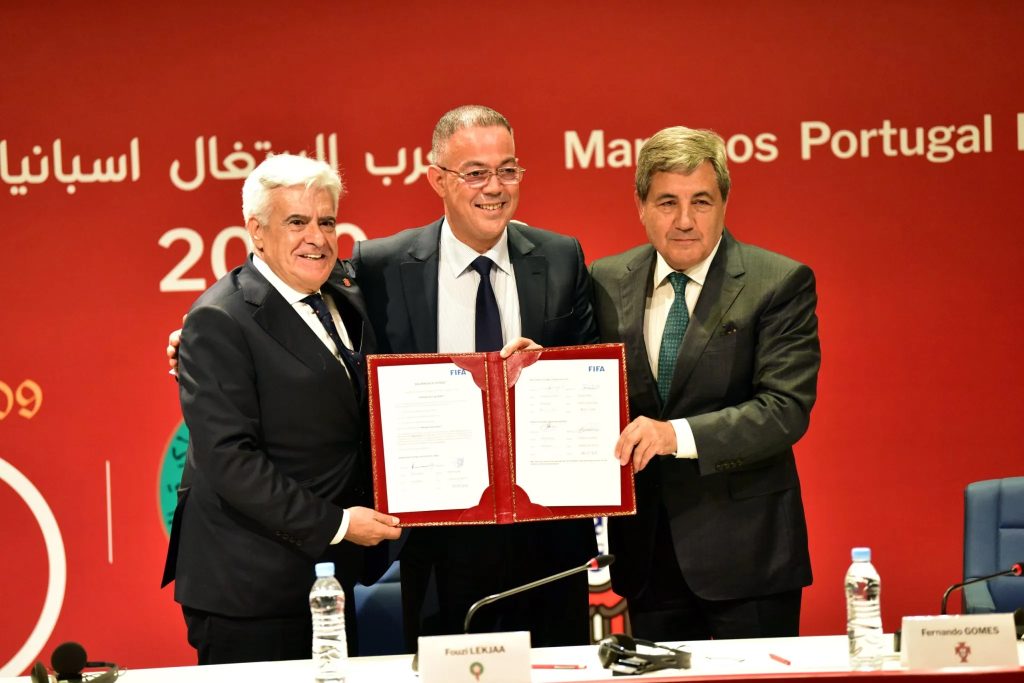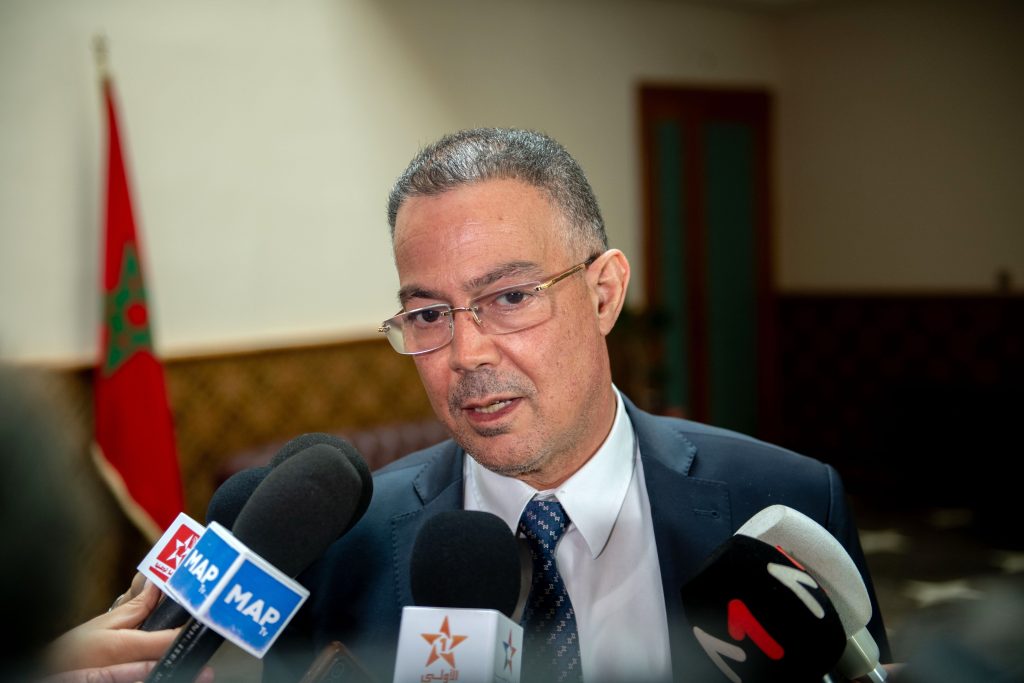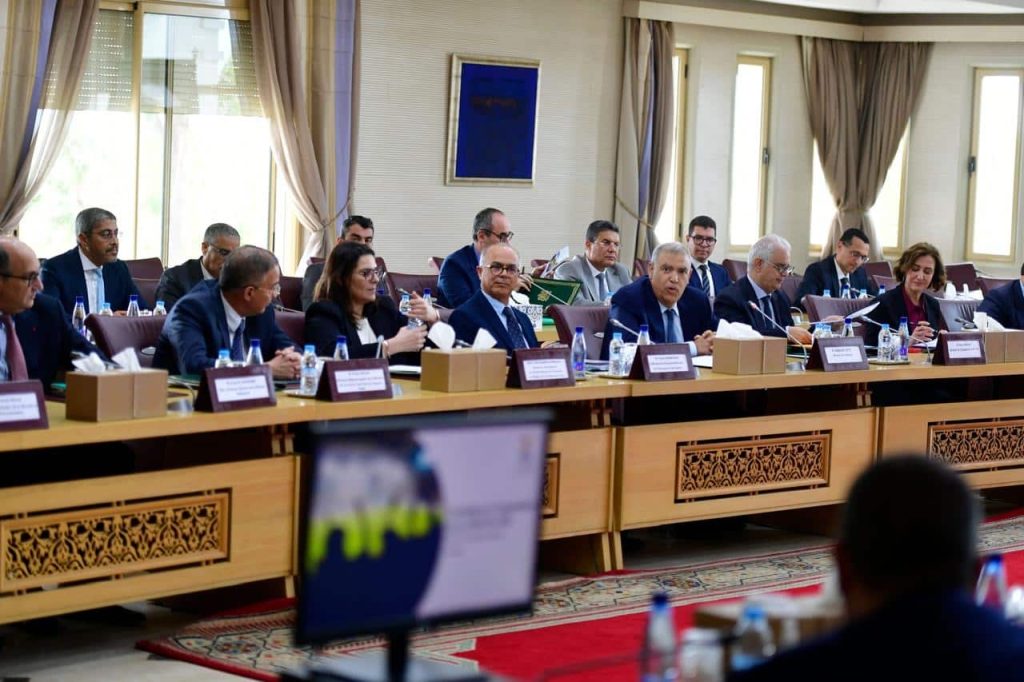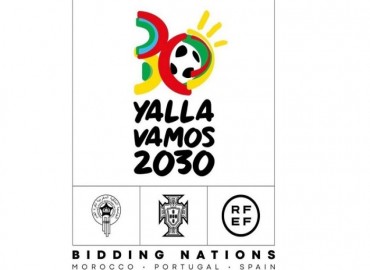With the bid process officially launched by FIFA, the presidents of the three federations came together to confirm their interest in the bid – the first step in the FIFA bid process – and celebrate this official milestone together, according to the joint communique published at the end of this meeting held at the Mohammed VI Football Complex in Salé.
Fouzi Lekjaa, FRMF president, Fernando Gomes, president of the Portuguese Football Federation and Pedro Rocha, president of the Royal Spanish Football Federation, shared their vision of a tournament that strengthens the legacy of the FIFA World Cup, develops football and has an impact around the world, the same source noted.
One hundred years after the first FIFA World Cup, the three countries wish to leverage their unique footballing heritage, living traditions and a thousand years of intertwined cultures and shared history to organize an inclusive, innovative and sustainable tournament, in a true spirit of celebration. To achieve this, the 2030 World Cup will be organized as an accessible and fan-focused tournament, which will benefit the entire football ecosystem, according to the communique.
“The 2030 FIFA World Cup in Morocco, Portugal and Spain will be the first men’s World Cup hosted on two continents and will focus on strengthening ties between Europe, Africa and the rest of the world”, the same source pointed out, adding that the Intercontinental World Cup will therefore be an opportunity to highlight the diversity of football, to promote collaboration between nations and to leave a strong social legacy in the three countries, but also in the whole world.
Quoted in the communique, Lekjaa highlighted the historical aspects of the joint bid of the two continents and three countries for the 2030 FIFA World Cup.
“This is a World Cup that will help us further unite our common civilizations established more than ten centuries ago. The three countries share a common history, a common present and look towards a common future,” he said, adding that “all this demonstrates, from both shores of the Mediterranean, that collective success is possible and that prosperity can have a shared and collective perspective”.
For his part, Gomes highlighted the ambition represented by the organization of the 2030 FIFA World Cup and the mark that the three countries want to leave, noting that “it is a historic moment because it marks the official beginning of our process with FIFA to be able to organize the 2023 FIFA World Cup”.
“It’s a great and highly symbolic moment for us since it is the centenary of the first edition of the tournament. But, 2030 will be much more than a celebration of the past!”, he continued.
He pointed out that “thanks to the ambition and competence of our three federations, we believe that this tournament will mark a paradigm shift in the way in which major events will be organized in the future. This is our ambition!”
Rocha, for his part, stressed the unique opportunity for collaboration between the different football federations, countries and people, affirming that “this candidacy is a message of hope and unity, because this World Cup will be a demonstration of the union of cultures and the promotion of inclusion, diversity and respect.”
“It will be a World Cup with an important social legacy that will remain in Morocco, Portugal, Spain and around the world. We have a common project that will arouse enthusiasm everywhere. Let’s make this dream come true,” he said.
Regarding the stadiums of the three countries that will be included in the final bid, the three presidents agreed that it was premature at this stage to make decisions on this subject, because the studies and evaluations of the technical teams are in progress.
The next step in FIFA’s bidding process for the 2030 World Cup will be for all three federations to submit bidding agreements to FIFA by the end of November 2023.
